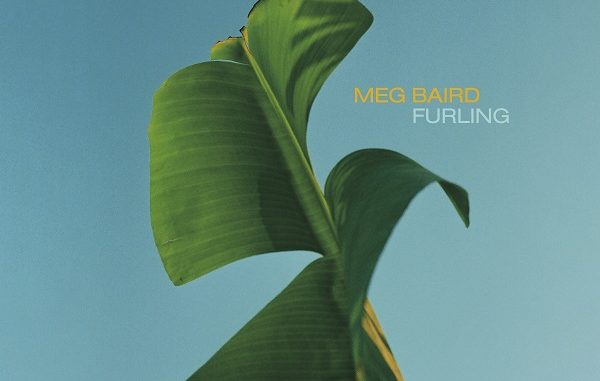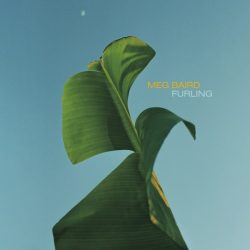
Travelling beyond the ghosts of previous bands.
 Meg Baird will, of course, always be associated with Espers – and that’s nothing to be ashamed of or to regret. They towered over the psych-folk revival of the first decade of the 21st century, bringing an air of mystery and a predilection for hypnotic drone to all that they released. And a big part of their sound was Meg Baird’s guitar and her ethereal vocals. Somewhat reminiscent of Jacqui McShee it is an instrument that embodies two of the most attractive features imaginable – a sense of complete clarity and often a bewildering inability to make out exactly what is being sung. It’s like a nature spirit whispering in your ear, it’s tantalizing and full of hidden mysteries and promises. On her fourth solo album on Drag City Meg Baird retains all that. Opening on an ominous note ‘Ashes, Ashes‘ plays to a jazz vibe – piano and sparse drum are the keynotes whilst Meg Baird adds a wordless vocal. It’ll make the listener think of ‘Song With No Words (Tree With No Leaves)‘, and it’s probably meant to.
Meg Baird will, of course, always be associated with Espers – and that’s nothing to be ashamed of or to regret. They towered over the psych-folk revival of the first decade of the 21st century, bringing an air of mystery and a predilection for hypnotic drone to all that they released. And a big part of their sound was Meg Baird’s guitar and her ethereal vocals. Somewhat reminiscent of Jacqui McShee it is an instrument that embodies two of the most attractive features imaginable – a sense of complete clarity and often a bewildering inability to make out exactly what is being sung. It’s like a nature spirit whispering in your ear, it’s tantalizing and full of hidden mysteries and promises. On her fourth solo album on Drag City Meg Baird retains all that. Opening on an ominous note ‘Ashes, Ashes‘ plays to a jazz vibe – piano and sparse drum are the keynotes whilst Meg Baird adds a wordless vocal. It’ll make the listener think of ‘Song With No Words (Tree With No Leaves)‘, and it’s probably meant to.
‘Unnamed Drives‘ leans into hypnotic guitar and jazzy percussion as it leads out into an unknown wilderness, “follow the unnamed drive” Meg Baird sings as she sets out to the West of Ontario, with shimmering rivers following their own unknown paths. It’s unbounded by space as endless vistas open up. ‘Cross Bay‘ is a joy of finger-picked guitar whilst ‘Will You Follow Me Home‘ really invokes the spirit of Pentangle – but runs a chugging rhythm through it as it beckons the listener towards the secret door that leads to the Indie Disco. There’s a definite groove. It’s followed by the album closer ‘Wreathing Days‘ which is all jarring piano trills, and ambient sounds – is that wood cracking? – and Meg Baird’s vocals at their most spectral, trapped in a dreamlike wistful melancholy.
Any listener who revels in intangibility in song will take this album to their heart – almost certainly with the hope that sufficient listens will finally reveal every lyric. And if it doesn’t then the mystery is enough. Any listener who regards such constructed ambiguity as anathema would probably do better to look elsewhere.


